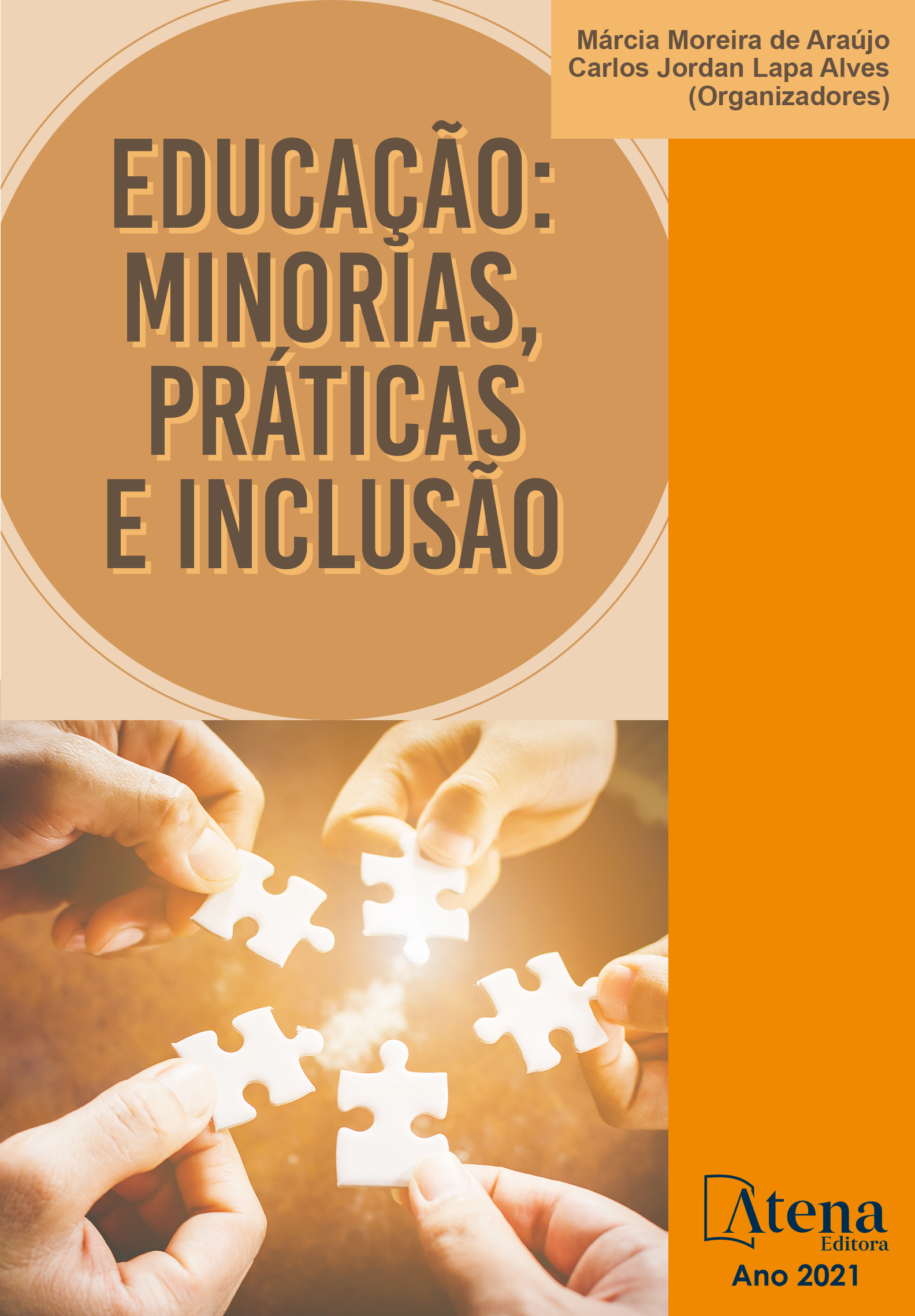
O PROCESSO DE ENSINO E APRENDIZAGEM DO ALUNO COM TRANSTORNO DE DÉFICIT DE ATENÇÃO
O objetivo deste estudo apresentar como que se dá o processo de ensino e aprendizagem do aluno com Transtorno do déficit de atenção com hiperatividade (TDA/TDAH) no ambiente escolar, e esclarecer do que se trata a problemática aqui proposta. O TDA/H é uma das causas mais comuns de dificuldades de aprendizagem neurobiológica em crianças e adolescentes. Isso pode levar a um sério declínio no desempenho escolar, incapacidade de conduzir uma aprendizagem adequada, resultando em um declínio na capacidade de aprendizagem e pode levar a ocorrência de outros obstáculos. Nem todos os indivíduos têm o mesmo grau de comprometimento das funções, e estudos publicados pela ABDA (Associação Brasileira do Déficit de Atenção) nos sugerem que as diferentes topografias das anormalidades pré-frontais se associam aos diferentes endofenótipos comportamentais. A Teoria Histórico-Cultural de Vygotsky, em sua gênese, pressupõe uma natureza social da aprendizagem, ou seja, é por meio das interações sociais que o indivíduo desenvolve suas funções psicológicas superiores. Portanto, acredita-se que para os alunos com TDA/H, relações interpessoais aluno-família-escola banhados na afetividade, ajudam no desenvolvimento da inteligência emocional, na socialização, nas interações humanas e, sobretudo, na aprendizagem, porque para a criança com TDA/H, o contato com o mundo e com a cultura é mediada pela família e se estende para outros relacionamentos.
O PROCESSO DE ENSINO E APRENDIZAGEM DO ALUNO COM TRANSTORNO DE DÉFICIT DE ATENÇÃO
-
DOI: 10.22533/at.ed.40421140510
-
Palavras-chave: TDA/H. Interacionismo. Ensino e Aprendizagem. Educação
-
Keywords: ADHD/H. Interactionism. Teaching and learning. Education.
-
Abstract:
The aim of this study is to present the teaching and learning process of students with Attention Deficit Hyperactivity Disorder (ADHD / ADHD) in the school environment, and to clarify what the problem is here proposed. ADHD / H is one of the most common causes of neurobiological learning difficulties in children and adolescents. This can lead to a serious decline in school performance, an inability to conduct adequate learning, resulting in a decline in learning ability and can lead to other obstacles. Not all individuals have the same degree of impairment of functions, and studies published by ABDA (Brazilian Association for Attention Deficit) suggest that the different topographies of prefrontal abnormalities are associated with different behavioral endophenotypes. Vygotsky's Historical-Cultural Theory, in its genesis, presupposes a social nature of learning, that is, it is through social interactions that the individual develops his superior psychological functions. Therefore, it is believed that for students with ADHD, student-family-school interpersonal relationships bathed in affectivity, help in the development of emotional intelligence, in socialization, in human interactions and, above all, in learning, because for children with ADHD / H, contact with the world and culture is mediated by the family and extends to other relationships.
-
Número de páginas: 15
- Rágina Candido da Silva Costalonga
- Isabel Cristina Polonine
- Leonardo Barreto da Costa
- Cristiano de Assis Silva
- Sabrina dos Santos Silva de Almeida


